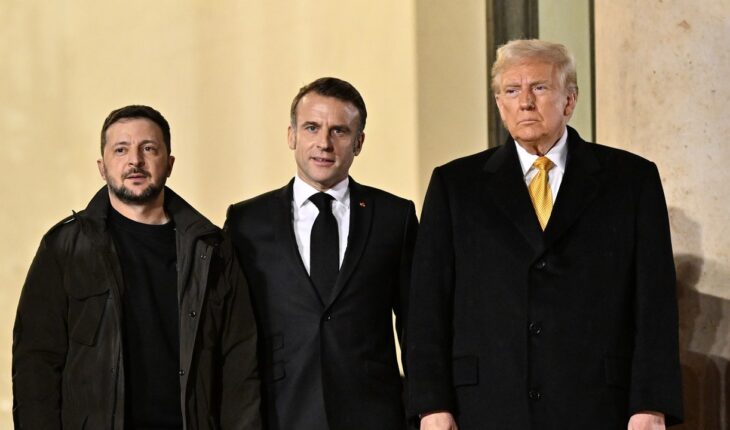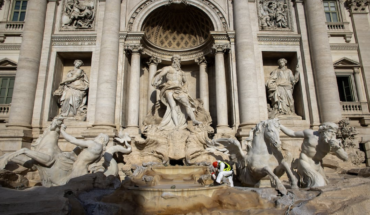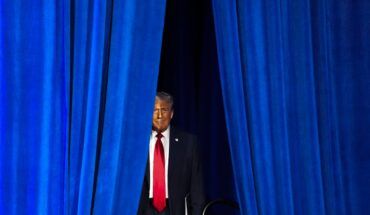Donald Trump doesn’t take office until January 20, but one might be forgiven for thinking his second term has already begun. Since winning election over Kamala Harris last month, Trump has dominated news cycles, held court with foreign leaders, and even begun pushing parts of his agenda—all with little pushback from the current administration.
Over the weekend, as Notre Dame reopened from the fire that devastated it in 2019, the president-elect—but not the sitting president, Joe Biden—was on hand in Paris, meeting with French President Emmanuel Macron and Ukrainian President Volodymyr Zelenskyy, with whom he discussed the “situation on the battlefield” in the fight against Russia. “We all want to end this war as quickly and fairly as possible,” Zelenskyy said in a statement of the “productive meeting” with Trump.
It’s not unusual for incoming presidents to have limited engagement with foreign leaders, of course. But this has not been the relationship-building of a typical transition; Trump has sought to advance policy positions separate from those of the current administration. After meeting with Zelenskyy, Trump called for an “immediate ceasefire” between Ukraine and Russia—a day after the Biden White House announced a billion dollars in new military aid to Kyiv. And after threatening massive tariffs against Canada and Mexico—America’s two biggest trading partners—a couple weeks earlier, he hosted Justin Trudeau at Mar-a-Lago for some unofficial diplomacy and held a call with Claudia Sheinbaum about the border.
Biden, meanwhile, has kept a low profile since his party’s defeat last month, ceding the spotlight, the bully pulpit, and the most visible parts of the presidency to his successor—frustrating some Democrats, who want him to use his final weeks in office to take a firmer stand for the values Trump threatens.
“This is one of the lamest of lame ducks we’ve seen with a Democratic administration,” as Usamah Adrabi of the progressive group Justice Democrats put it to the Wall Street Journal. “We should be less hobbled and more spurred,” added Democratic Washington Governor Jay Inslee.
To be sure, Biden had been struggling to break through and shape the national conversation even before Trump won his second term. The Republican’s victory—which comes with a governing trifecta—has only reinforced Biden’s looming irrelevance. But it has been notable, nonetheless, how much the president has faded from public view, while a man he correctly identified as a threat to democracy prepares to take it over.
Biden has not held a press conference on the election results, as Barack Obama did after Trump’s win in 2016, nor has he asserted his authority the way Obama did: “There is one president at a time,” Obama said back then. Biden has weighed in little on Trump’s nominees, some of whom are so dangerous and unqualified that even some Republicans have expressed concerns. And while he has sought to “Trump-proof” some of his accomplishments, the most newsworthy action he appears to have taken since the November 5 election has been the pardon of his son, Hunter Biden—an about-face he justified by echoing Trump’s own self-serving claims about political bias in the Justice Department.
There is a sense that Biden is limping to the finish line, leaving a leadership void that his successor has been only too happy to fill: “There’s certainly frustration with the Biden administration,” a House Democrat told Axios. “In some ways, the most frustrating part is some of us really love Joe Biden,” the representative added. “The feeling is: Why do you have to go out like this?’”





